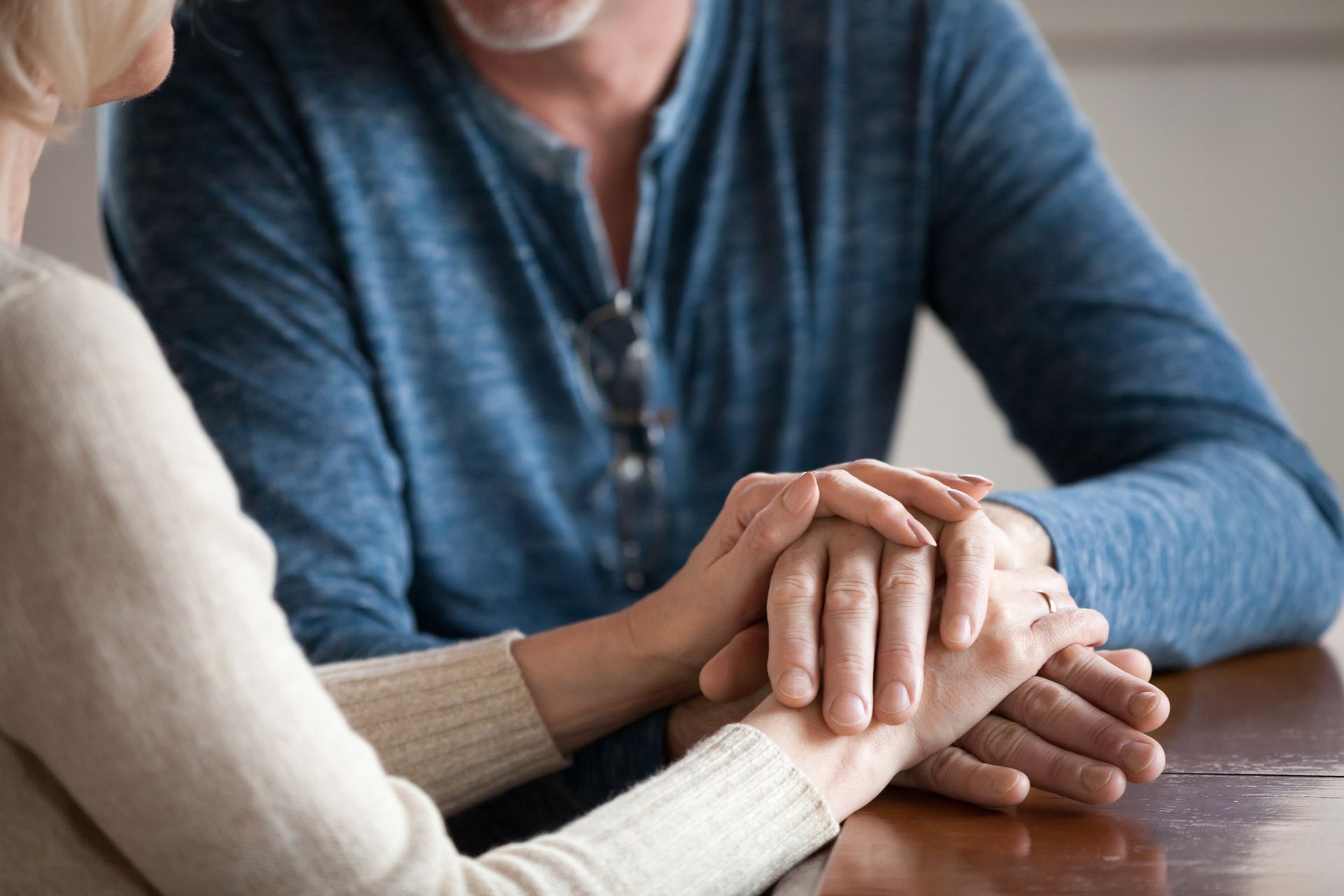Tips to Prevent a Relapse During the Holidays
The holidays are filled with opportunities for joy, celebration, laughter, and delight, but they can also be riddled with challenges for those who are in recovery from problematic sexual behavior. The increased stress, disrupted routines, and emotional triggers can all lead to the possibility of relapse.
There are guardrails you can put into place to protect yourself from potential relapse this holiday season:
1. Maintain Structure and Accountability
A hallmark of healthy recovery is a solid recovery routine. Don’t sacrifice your recovery routine amid festivities. If you normally attend recovery meetings, make time for them even during busy holiday schedules. Check to see if your group offers any special holiday gatherings to help you stay connected.
If the holidays are a hard and painful time for you, avoid the temptation to hunker down in isolation. Make plans to attend recovery-safe holiday activities, like church services, sober holiday parties, or family game nights. Don’t wait for someone else to take the initiative—be proactive in reaching out to friends and family.
Speaking of friends, stay connected with your accountability partner during this busy season. Share your holiday plans with your accountability partner and commit to daily check-ins, especially after potentially triggering events like late-night gatherings or being alone after parties.
2. Identify and Manage Triggers
The first step to overcoming your enemy is to be able to name them. Watch out for these common triggers, and prepare yourself for them accordingly:
- Family Gatherings: Tensions at family events can be triggering. Prepare calming strategies, such as stepping outside for fresh air, focusing on gratitude, or calling a supportive friend during a tough moment.
- Media Triggers: Avoid sexualized holiday movies, commercials, or online content. If scrolling social media to look for gift ideas triggers you, set a timer and stick to specific shopping sites instead.
- Boredom During Holiday Downtime: Long weekends or time off work can lead to unstructured time. Choose to fill that time with fun and meaningful activities, like volunteering at a soup kitchen, baking holiday treats with loved ones, or watching family-friendly holiday classics.
3. Prioritize Self-Care
During this season of carbs, delicious treats, and parties galore, it can be easy to set aside the most basic needs for health and recovery.
Get enough sleep. Before you leave for a holiday party or late-night activity, decide ahead of time when you plan to leave, and tell your friends or partner about your plans so that you can be home in time to get enough sleep.
Make healthy food and beverage choices. What you eat and drink has a direct impact on your mood, energy, mental clarity, stress management, and self-control. Prioritize eating balanced meals with proteins, healthy fats, and complex carbohydrates to support emotional regulation, avoid blood sugar spikes and crashes, and minimize triggers. You can still have a good time, just do so moderately—enjoy small portions of your favorite holiday treats, keeping balance in mind.
Stay hydrated. Dehydration can lead to brain fog and fatigue, which can impair your decision making and increase your vulnerability to temptations. Choose non-alcoholic festive beverages, like sparkling water with fruit or non-alcoholic spiced cider to stay in control and engaged.
Practice mindfulness and choose holiday-themed activities for stress relief. Find healthy outlets for fun, like decorating cookies, visiting light displays, or playing holiday music while doing yoga, and practice mindfulness using grounding exercises to fully enjoy the season—smell the pine trees, savor hot cocoa, or listen deeply to holiday carols.
4. Build Healthy Connections & Boundaries
Choose to attend gatherings and engage with people that are going to support your recovery and enforce hope, renewal, and community. Churches and other community organizations can provide you with safe spaces to connect with others. If certain gatherings or activities feel unsafe for your recovery, don’t be afraid to say “No” to overcommitment.
Focus on the quality of the connections and the relationships by being intentional about being present and self-aware. Keep in mind the healthy boundaries you have put in place to be considerate of others, and to guard and protect yourself from risky situations.
5. Focus on Your Why
What does a successful holiday season look like to you? Spend some time journaling about or visualizing yourself enjoying the season without compromising your recovery. You might picture yourself decorating your home, spending time with loved ones, volunteering at a charity, or singing in a church choir. Reflect on what this season means to you beyond consumerism and cultural pressures.
6. Prepare for Challenges
As much as you are able to avoid scenarios, some things are just beyond your control. That’s why it’s important to prepare for moments of temptation. Assemble for yourself a holiday emergency kit, complete with a calming playlist, recovery quotes, and your sponsor’s phone number for difficult moments.
Rehearse what you might say if you’re asked by someone to engage in triggering activities. It doesn’t have to be dramatic or accompanied by an explanation. A polite and straightforward response might be, “Thanks for the invite, but I’m going to pass this time,” or “No, thank you. I’m focusing on staying balanced this season.”
If someone asks you uncomfortable questions at a dinner party or family gathering, you can respond simply here as well. Your personal life doesn’t need to be on display. You can set a boundary while still being kind by saying something like, “That’s a personal topic, and I’d prefer not to get into it, but thanks for asking,” or “I’m still working on some things, but I’m really grateful for where I’m at now,” or “That’s an important topic, but this isn’t the best time to discuss it. Let’s enjoy the moment.”
These can be stressful situations! If you navigate a difficult party or event successfully, reward yourself with something uplifting, like treating yourself to a festive coffee drink or taking a walk to see holiday lights.
7. Keep Faith and Perspective
The holiday season is filled with powerful symbolism and spiritual practices that give deep meaning and purpose to our life stories. You can draw strength from these narratives by exploring them more deeply, whatever your faith tradition. The Advent season is filled with hope, Christmas with joy, and Hanukkah with miracles. Can’t we all use a few more of those gems in our lives?
And remember, if you feel triggered or slip, don’t forget the season’s themes of grace and forgiveness. Reach out for support and recommit to your recovery goals.
You know better than anyone else that recovery is a journey. As you navigate through this holiday season, remember these important strategies to help you avoid a slip or a relapse. May the hope and peace and joy of this season carry you into the new year!




